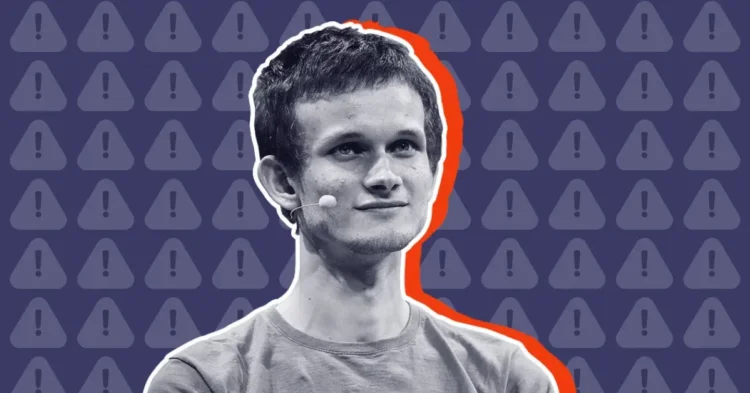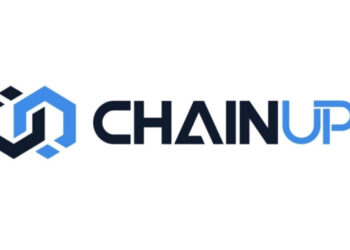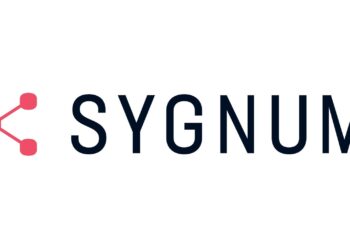Ethereum co-founder Vitalik Buterin is calling on the crypto industry to embrace stronger open-source protections, arguing that “copyleft” licenses could help steer the sector back to its cooperative roots.
In a blog post published Monday, Buterin reflected on his changing stance toward software licensing. Once an advocate of permissive licenses, which let anyone freely use, modify, or redistribute code with minimal obligations, he now believes a shift toward copyleft is necessary to protect innovation from being hoarded behind closed doors.
Why I used to prefer permissive licenses and now favor copylefthttps://t.co/aPGhY0Y0kX
— vitalik.eth (@VitalikButerin) July 7, 2025
The key distinction? While permissive licenses allow free sharing, copyleft licenses go further by requiring that any derivative work using the original code must also be made open source. “I generally philosophically dislike copyright and patents,” Buterin wrote, criticizing laws that treat the simple act of sharing information as a potential crime.
However, he acknowledged that the crypto landscape has evolved dramatically. What was once an industry grounded in voluntary collaboration has become, in his words, “more competitive and mercenary,” eroding the culture of freely shared code.
By adopting copyleft principles, Buterin believes crypto developers can ensure that breakthroughs benefit the broader ecosystem, not just private firms. He conceded that copyleft can be restrictive or cumbersome in edge cases, such as when code is modified but not widely distributed; however, he sees the trade-off as worth it to encourage more genuine knowledge sharing.
He described copyleft as an incentive that builds a “large pool of code” that can only be used if developers commit to sharing their contributions in return. In his view, this reciprocal model is better suited to today’s realities than the early days of open source.
Crypto venture capitalist Adam Cochran weighed in to support Buterin’s view, noting that while copyleft has some “practical edge cases,” the broader philosophy holds up.
Notably, Buterin unveiled a proposal on May 19 to protect the network’s censorship-resistant nature as it continues to scale, emphasizing the need for more accessible personal node operation.
If you want to read more news articles like this, visit DeFi Planet and follow us on Twitter, LinkedIn, Facebook, Instagram, and CoinMarketCap Community.
“Take control of your crypto portfolio with MARKETS PRO, DeFi Planet’s suite of analytics tools.”





















